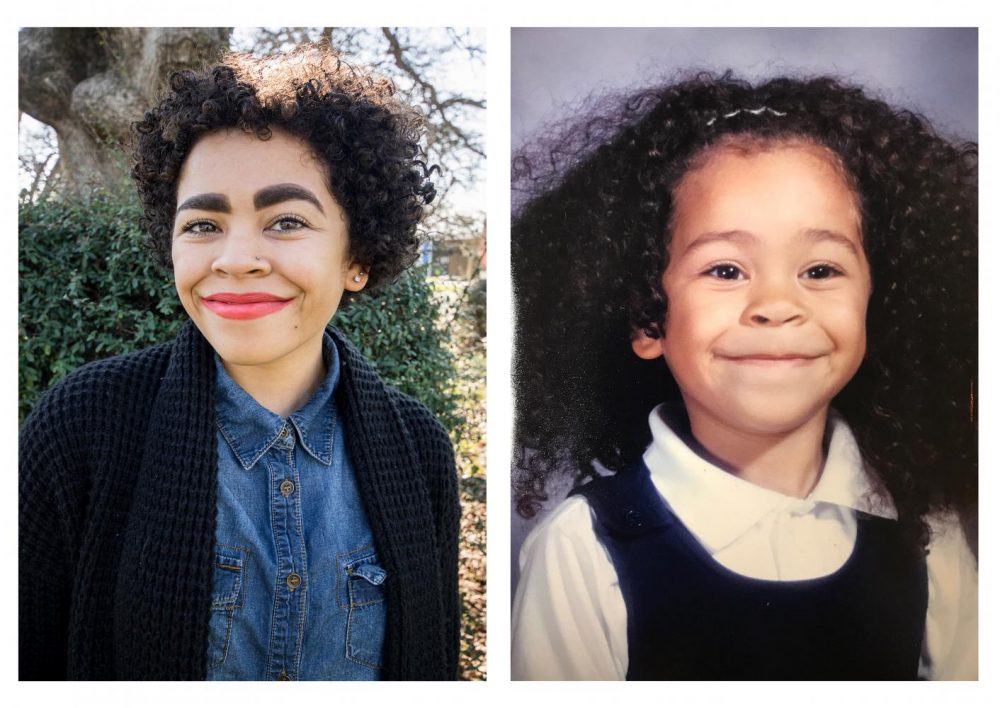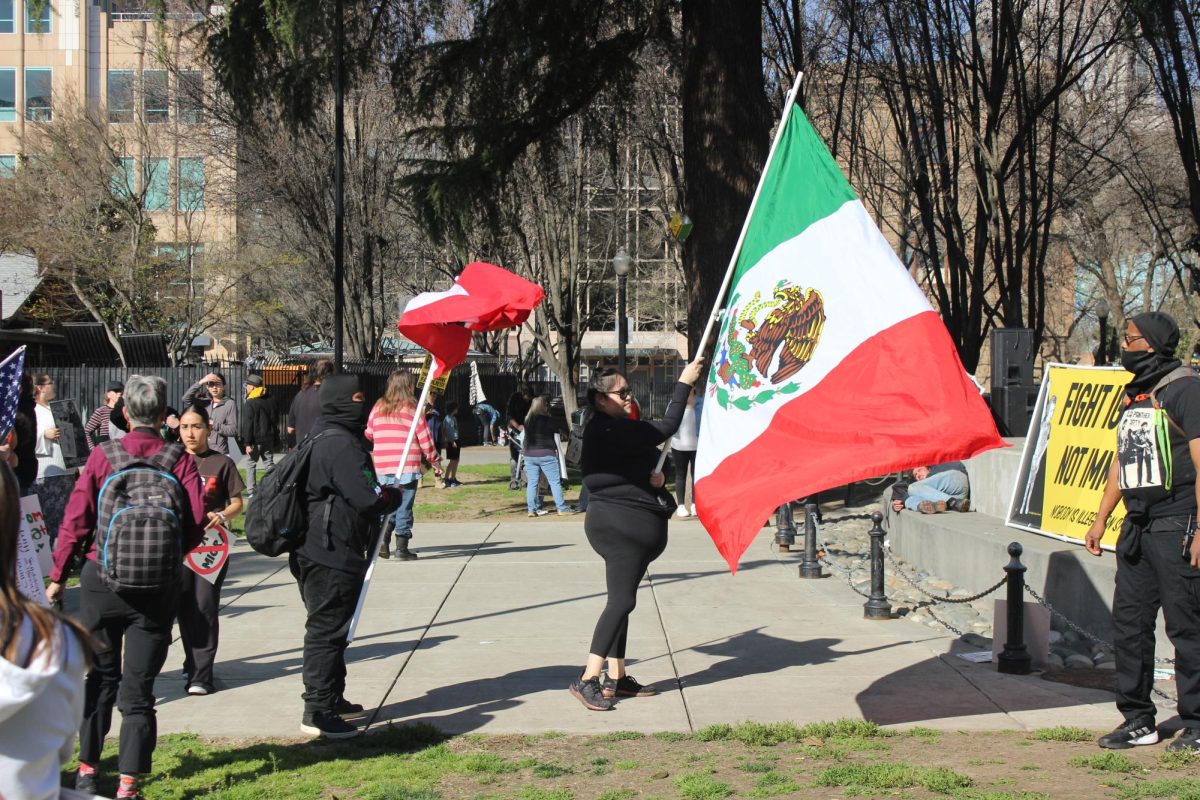Black History Month brings out a plethora of emotions for black people. The most prominent emotion is pride, and I can attest to feeling prideful about my own blackness.
However, every black person’s experience is not the same and Black History Month has a different meaning to every black person.
Fellow ARC student Dronme Davis sees Black History Month as “… an opportunity for black brilliance to be at the front lines.”
Black History Month to me is about admiring black people and what we’ve brought and continue to bring to the table as people. February has become a month of reflection on why my self-love as a black woman is important.
Loving myself and appreciating the beauty in being black has been a long process for me. It wasn’t until three years ago that I was able to fully love my blackness and appreciate my roots.
Loving my blackness and having that pride and confidence was difficult to do when I was younger. As a kid, for example, I had long, curly hair that I hated with a burning passion. I remember sitting in my mother’s lap while she tugged and pulled at my head to style and tame my hair.
I continued to have this disdain for my hair until my adolescence. Middle school was when I began to be ridiculously self-conscious and when I started spending hours in the bathroom straightening my hair.
Everyday at school I would envy all the other girls who had bone straight, manageable hair. I had convinced myself that curly hair was ugly and undesirable, thus my blackness to me was ugly as well.
Davis shared this disdain for her appearance growing up as well.
“I would do anything I could to blend in, tussle with my curls for hours in the bathroom until they were fried into a straight, dry line. [I’d] wear as much as much abercrombie as I could get my hands on, convinced that a polo shirt and headband was what was separating me from my peers,” Davis said.
Me not loving my blackness went past my looks during my younger years as well, throughout my middle school years I felt as though I needed to disassociate from my blackness to fit in or seem cool.
Just as I tried to not associate myself with my blackness to fit in, Davis went through that same turmoil.
“Growing up in all white schools with an all white family, I learned how to conceal the color of my skin,” Davis said.
Being a biracial woman and identifying as Afro-Latina also complicated me loving myself. Having to walk between not being black enough to other black people or having to defend my latina identity was a huge struggle for me.
How I looked at myself as a black woman and what being black meant to me changed once I started high school. The black lives matter movement took off during my freshman year after the death of Trayvon Martin. Seeing this how tragedy brought black people together inspired me to want to get involved with activism.
The #BlackGirlMagic hashtag on Twitter gave me the confidence to start wearing my hair naturally to school. It made me feel as though my blackness was beautiful by seeing other black women love themselves for who they are on the outside and inside.
Davis also went through the process of loving who she was physically on the outside in high school. “I slowly started growing into my skin, stopped straightening my hair and began educating myself on where I came from,” Davis said.
Today, Black History Month to me is about accepting and loving every black man and woman from every walk of life. This month to me is also about individually self reflecting as black people on our past, present, and future as a group.
Black History Month to me individually reminds me that I’m proud to be black and my existence matters.














